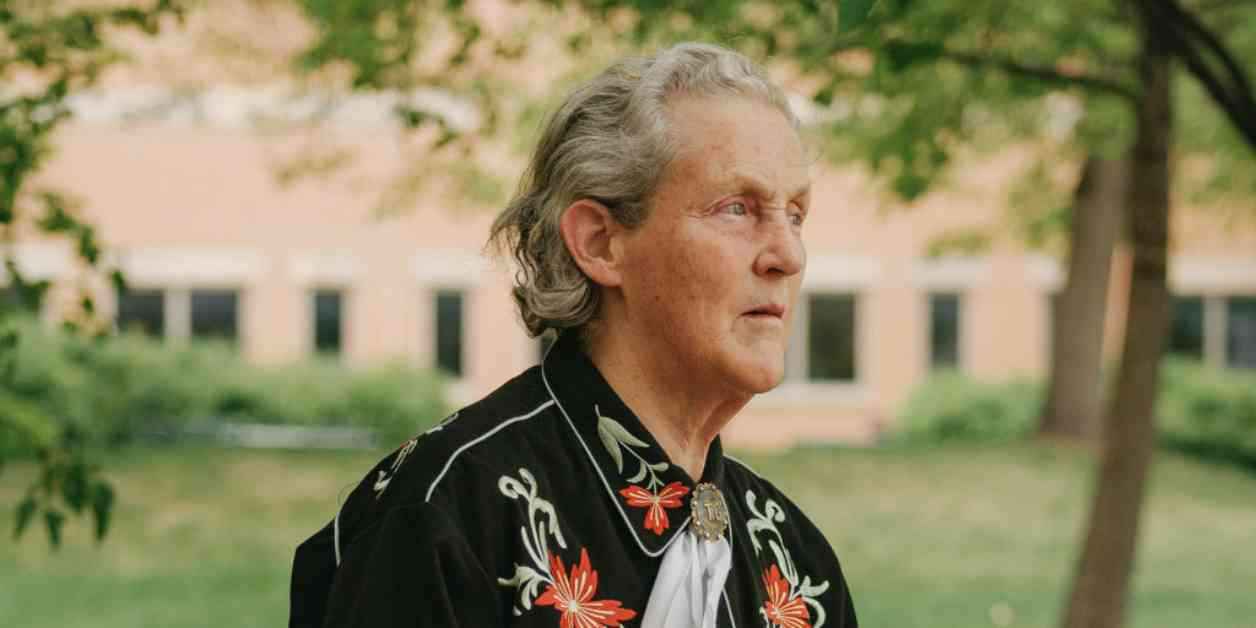The Existence of Those with Minimal Speech Skills
So, let’s talk about those kids with minimal or no speech skills. They’ve always been around, even before autism was a thing. Back in the day, they were just called “mentally retarded.” I mean, I’m old enough to remember when the doctor who diagnosed me didn’t even know what autism was. He just said I had some brain damage. I had a pretty severe speech delay, but hey, back then, they didn’t really know what to call it. They were there, just under different names.
Detection of Mild Cases on the Rise
Now, when it comes to the kiddos on the milder end of the spectrum, that’s where we might see an increase in diagnoses. I mean, the ones with no speech delay, but they’re just a bit geeky and nerdy. You know, the ones who struggle to make friends and feel a bit out of place. People haven’t really looked into whether there are more of these non-speaking kids out there. They just see the numbers going up and say, “Oh, autism rates are climbing.”
Research Needed for Sensory Issues
We really need to focus on research to help those autistic individuals who struggle with sensory overload. Like, have you ever been in a noisy restaurant or a crowded airport and just felt overwhelmed? Well, for some autistic folks, it’s like that all the time. Their brains are wired differently, and loud noises can trigger a whole circus of fear circuits. We need to figure out how to help them cope with all the sensory input they experience.
Navigating Public Spaces with Sensory Challenges
Think about how tough it can be for someone with autism to deal with all the noise in a busy restaurant or the unpredictable hand dryers in public restrooms. It’s a real struggle for many of them. The sensory overload can be intense, and it’s not always easy to find ways to manage it. We need to come up with solutions to help ease their discomfort in these everyday situations.
Wrapping Up
In conclusion, it’s clear that there’s still much to learn and understand about autism and the challenges faced by those with minimal or no speech skills. Research, support, and awareness are key to improving the lives of individuals on the spectrum. Let’s keep working towards a more inclusive and understanding society for all.


